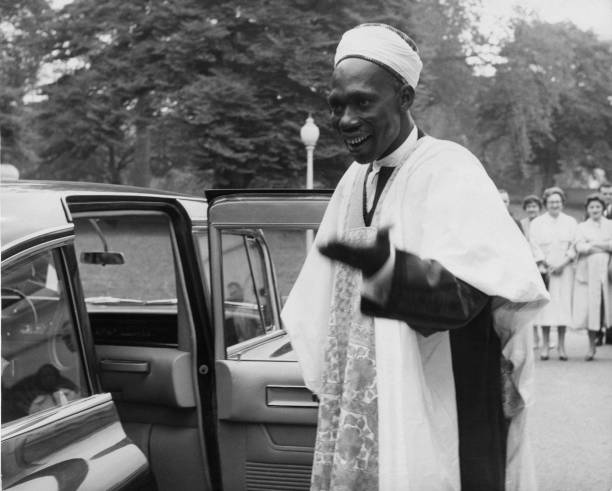France’s parliament on Monday ousted the government of Prime Minister Francois Bayrou after just nine months in office, leaving President Emmanuel Macron scrambling to find a successor and plunging the country into a new political crisis.
Bayrou, who has been in the job for just nine months, had blindsided even his allies by calling a confidence vote to end a lengthy standoff over his austerity budget, which foresees almost 44 billion euros ($52 billion) of cost savings to reduce France’s debt pile.
Bayrou, the first premier in the history of modern France to be ousted in a confidence vote rather than a no-confidence vote, will submit his resignation on Tuesday morning, according to a person close to him who asked not to be named.
In the vote in the National Assembly, 364 deputies voted that they had no confidence in the government, while just 194 gave it their confidence. “In line with Article 50 of the constitution, the prime minister must submit the resignation of his government,” said Speaker Yael Braun-Pivet.
READ ALSO:French Media Giant Acquires MultiChoice In $3bn Deal, Gains Full Control Of DStv, GOtv
Bayrou is the sixth prime minister under Macron since his 2017 election, but the fifth since 2022. Bayrou’s ousting leaves the French head of state with a new domestic headache at a time when he is leading diplomatic efforts on the Ukraine war.
But defending his decision to call the high-risk confidence vote, Bayrou told the National Assembly, “The biggest risk was not to take one, to let things continue without anything changing… and have business as usual.”
Describing the debt pile as “life-threatening” for France, Bayrou said his government had put forward a plan so that the country could “in a few years’ time escape the inexorable tide of debt that is submerging it.”
“You have the power to overthrow the government,” but not “to erase reality,” Bayrou told the MPs in a doomed final bid to save his government before the vote.
READ ALSO:Fuel Price Drop Imminent As Nigerian Govt Renews Naira-for-crude Deal
Unpopular president
Macron now faces one of the most critical decisions of his presidency—appoint a seventh prime minister to try to thrash out a compromise, or call snap elections in a bid to have a more accommodating parliament.
There is no guarantee an election would result in any improvement in the fortunes of Macron’s centre-right bloc in parliament.
And although the Socialist Party (PS) has expressed readiness to lead a new government, it is far from clear whether such an administration could survive.
Heavyweight right-wing cabinet ministers, such as Justice Minister Gerald Darmanin, are trusted by Macron but risk being voted out by the left.
READ ALSO:JUST IN: French Prime Minister Removed In No-confidence Vote
According to a poll by Odoxa-Backbone for Le Figaro newspaper, 64 per cent of the French want Macron to resign rather than name a new prime minister, a move he has ruled out.
He is forbidden from standing for a third term in 2027.
Around 77 per cent of people do not approve of his work, Macron’s worst-ever such rating, according to an Ifop poll for the Ouest-France daily.
Le Pen ruling
Alongside political upheaval, France is also facing social tensions.
A left-wing collective named “Block Everything” is calling for a day of action on Wednesday, and trade unions have urged workers to strike on September 18.
The 2027 presidential election, meanwhile, remains wide open, with analysts predicting the French far right will have its best-ever chance of winning.
READ ALSO:French Anthony Ammirati’s Manhood Prevents Him From Winning Medal At Paris Olympics
Three-time presidential candidate for the National Rally (RN), Marine Le Pen suffered a blow in March when a French court convicted her and other party officials over an EU parliament fake jobs scam.
Le Pen was sentenced to four years’ imprisonment, two of which were suspended, and a fine of 100,000 euros ($117,000).
The ruling also banned her from standing for office for five years, which would scupper her ambition of taking part in the 2027 vote unless overturned on appeal.
But a Paris court said Monday her appeal would be heard from January 13 to February 12, 2026, well before the election—potentially resurrecting her presidential hopes.
Cheered by her MPs, Le Pen urged Macron to call snap legislative elections, saying holding the polls is “not an option but an obligation” and describing Bayrou’s administration as a “phantom government.”
